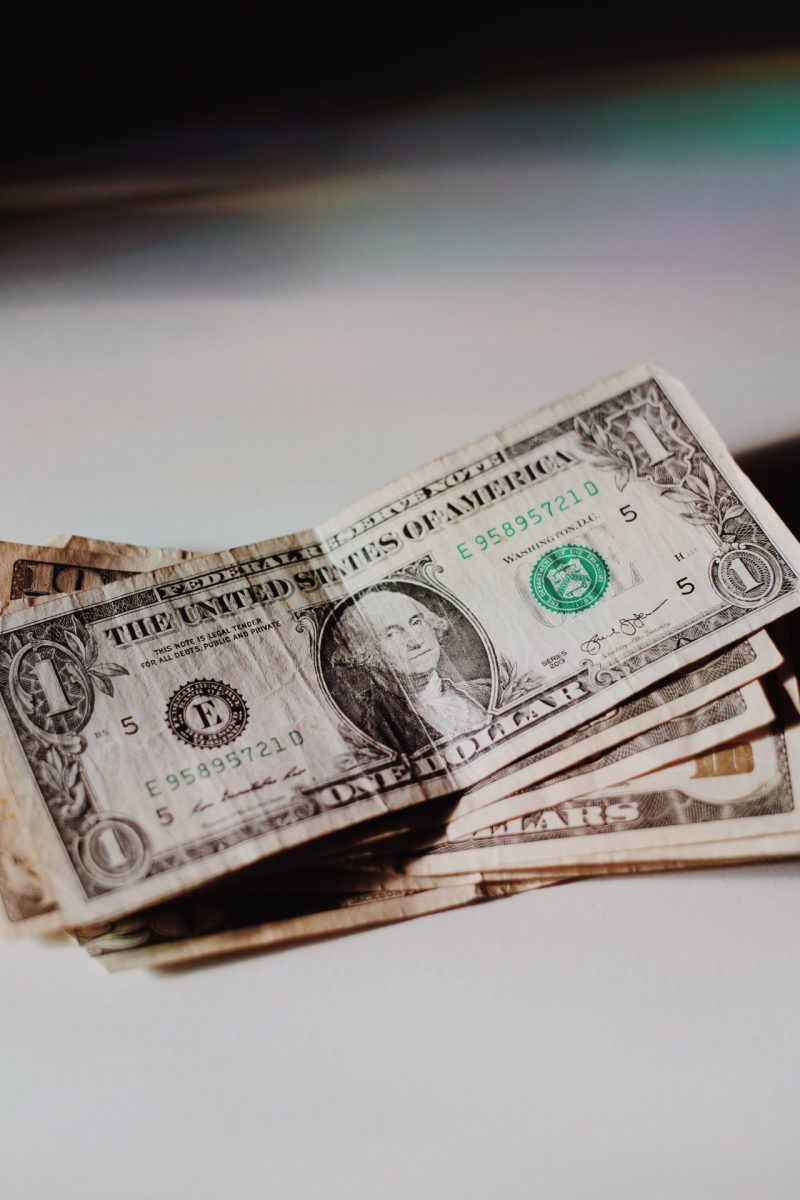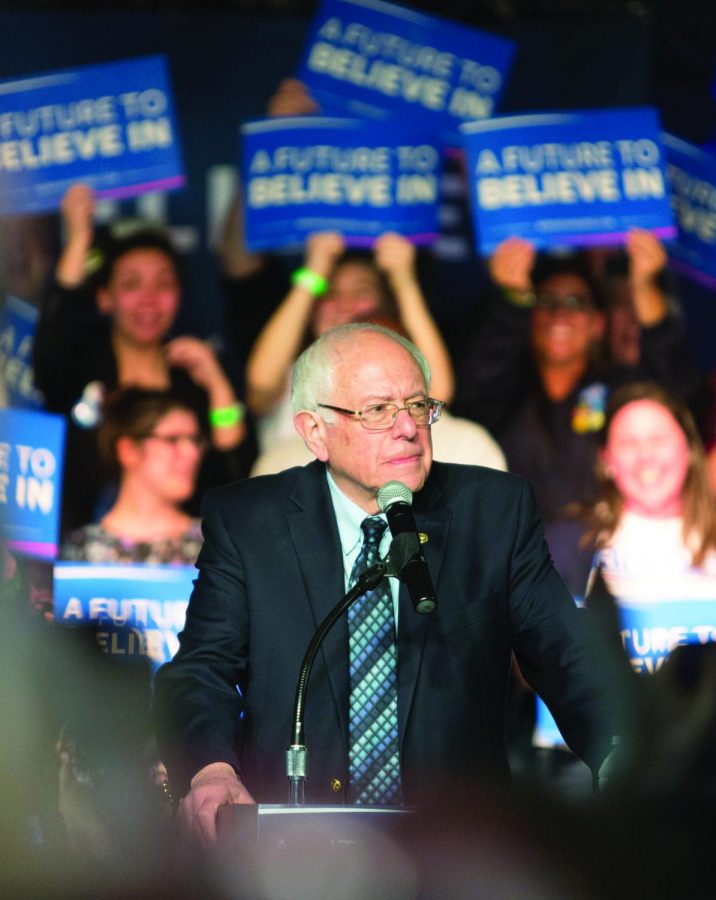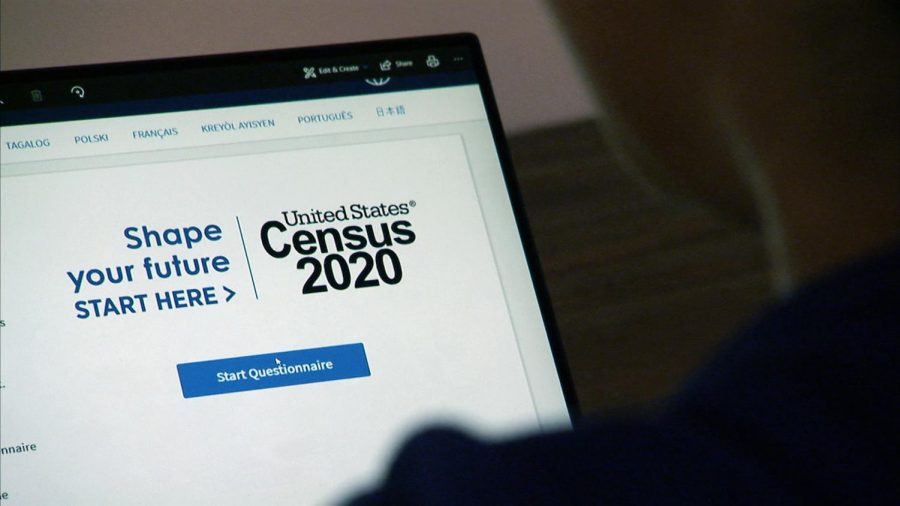Every year on the third Monday in February, Government Institutions, Banks, and Universities alike are closed. This year, Presidents Day fell on Feb. 19.
To many, Presidents Day is just another Federal Holiday that provides a much-needed break from schoolwork and classes. However, let us take a moment to dive into the history behind Presidents Day and why it is celebrated in the first place.
Presidents Day was established in 1885 to honor the United States first President’s birthday. George Washington was born on Feb. 22, 1732, in Virginia. Feb. 22 was the designated date to celebrate Presidents Day for over 80 years, until the 1971 Uniform Monday Holiday Act changed the date to the third Monday every February, which we still recognize to do this day.
Ever since the provisional changes to the holiday under the Uniform Monday Holiday Act in 1971, former President Abraham Lincolns birthday has also been recognized and celebrated during Presidents Day as well. Lincoln was born on Feb. 12, 1809, in Kentucky.
Washington helped lead the Continental Army to victory during the Revolutionary war acting as Commander in Chief and was later inaugurated as the first president of United States on April 30, 1789. During his time as President, he is remembered for his leadership qualities and ability to address the needs of the American people. After 8 years as President, Washington stepped down in 1797. Effectively setting the precedent of a two-term limit for future presidents in office.
Abraham Lincoln was the United States’ 16th President of the United States and was inaugurated in 1861. Lincolns inherited a divided and tumultuous political landscape during the buildup to the civil war as Southern States began to secede from the Union. Lincoln deemed their secession illegal and swore to “preserve, protect, and defend” the union. However, despite efforts to mediate tensions conflict was inevitable following the southern bombardment of Fort Sumter in South Carolina on April 12, 1861. During the civil war, Lincoln fought for abolishing slavery and preserving the union. On Jan. 1, 1863, Lincoln declared slaves within the Confederacy to be free when he issued the Emancipation Proclamation. On April 14, 1865, former President Lincoln was assassinated by John Wilkes Booth marking the end of his presidency. However, Lincolns efforts to preserving the Union did not fall on deaf ears. As the Civil War ended in April 1865, the Confederacies surrendered.
Keeping this at mind, I encourage you next Feb. during Presidents Day to take the time and reflect on the impact that former American leaders who came before us have had on shaping the nation that we live in today.
Sources
- 15 Fun Facts About Presidents Day and Our National Parks, www.nationalparks.org/connect/blog/15-fun-facts-about-presidents-day-and-our-national-parks. Accessed 23 Feb. 2024.
- “Abraham Lincoln.” The White House, The United States Government, 23 Dec. 2022, www.whitehouse.gov/about-the-white-house/presidents/abraham-lincoln/#:~:text=As%20President%2C%20he%20built%20the,those%20slaves%20within%20the%20Confederacy.
- “George Washington.” National Museum of the United States Army, www.thenmusa.org/biographies/george-washington/. Accessed 22 Feb. 2024.
- “Presidents’ Day 2024 – Date & Holiday.” History.Com, A&E Television Networks, www.history.com/topics/holidays/presidents-day. Accessed 22 Feb. 2024.
Daniel Silva is a Dakota Student General Reporter. He can be reached at [email protected].








